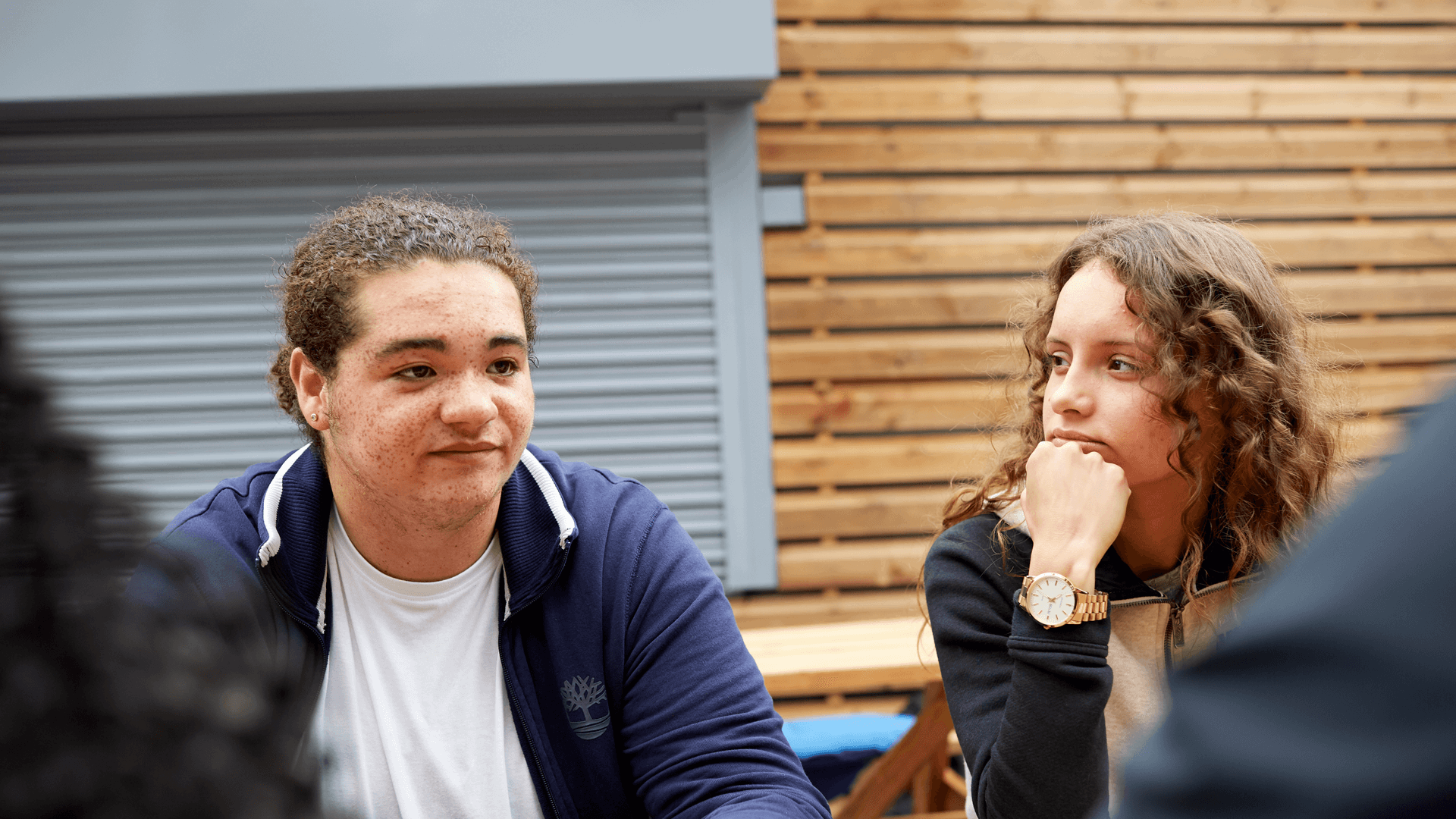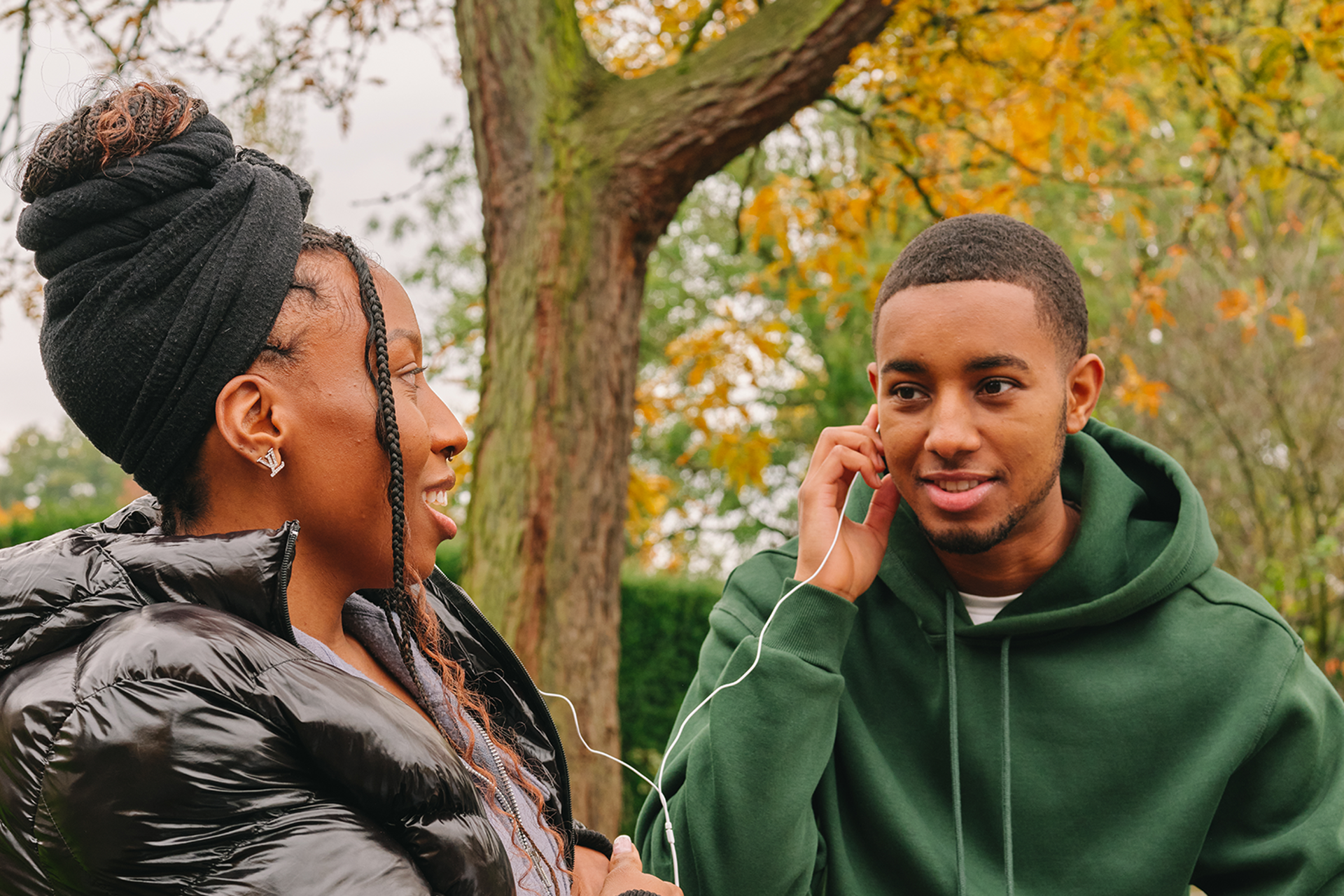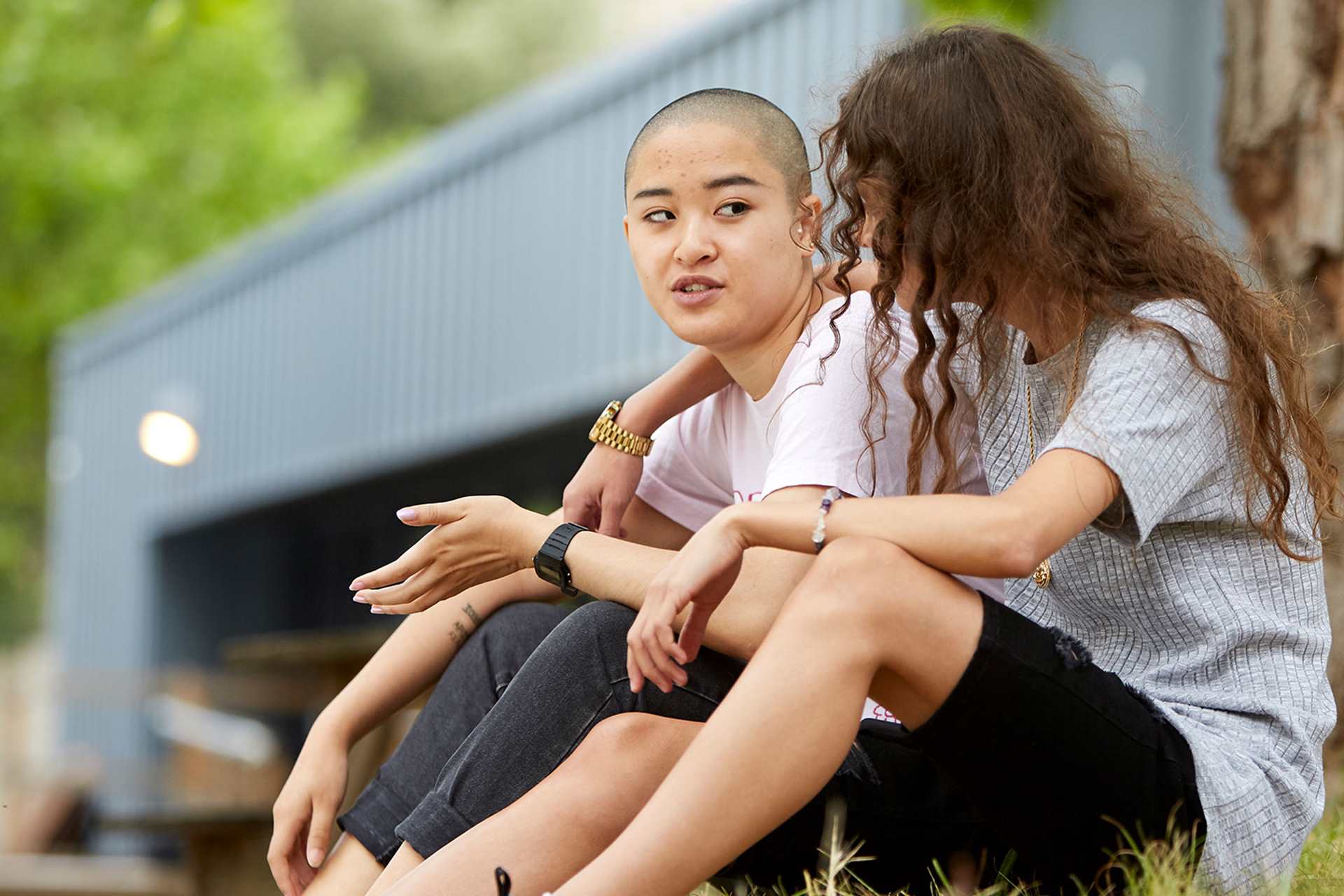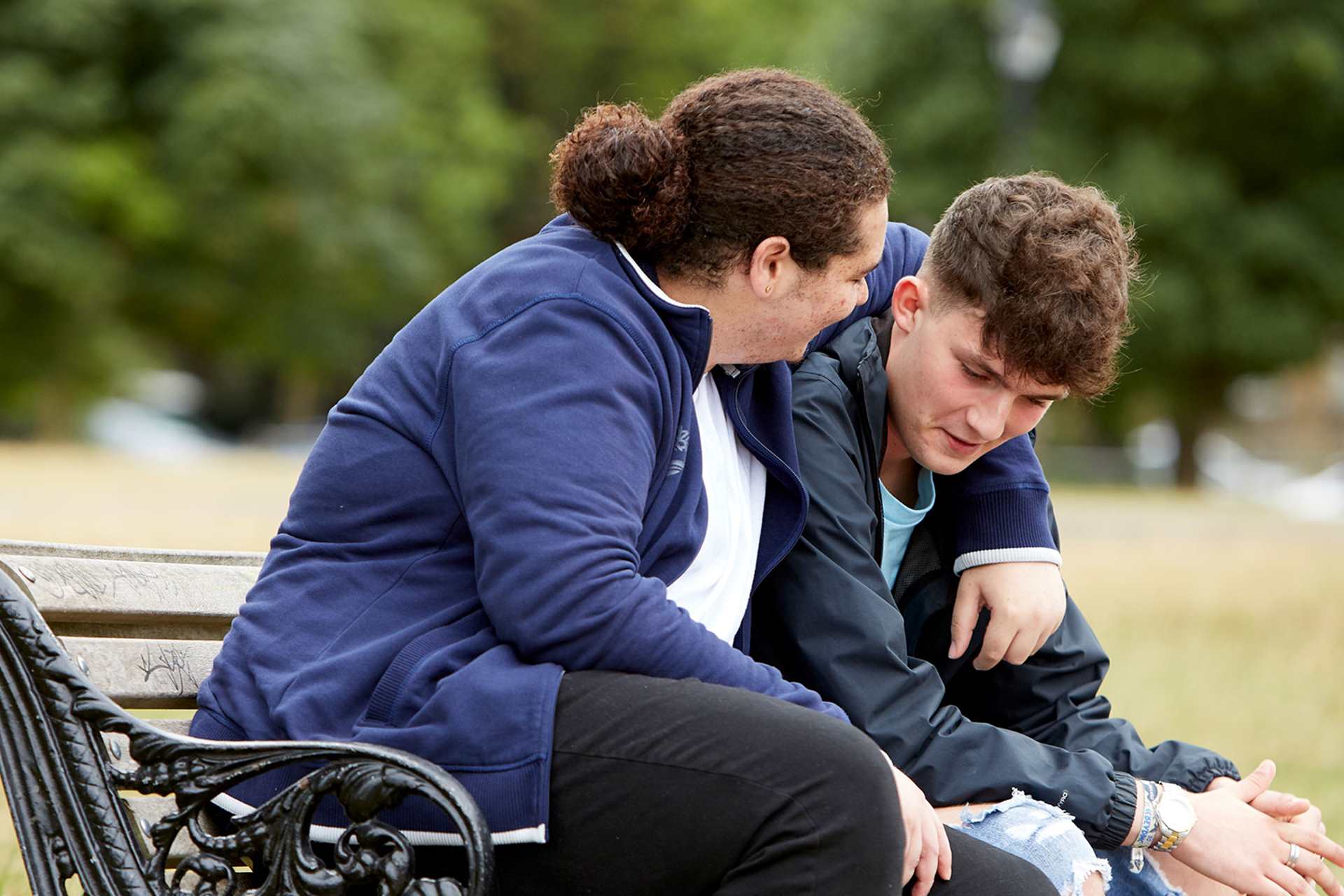Topics mentioned: avoidant restrictive food intake disorder (ARFID), eating problems
About: Macy explains the common misconceptions about ARFID and why these beliefs can be really harmful for young people looking for help and support.
This blog contains reference to eating problems. Please do not read on if you think the content may be triggering for you. If you are currently struggling with your mental health, please visit our find help page for information, advice and guidance on where to get support.
Increasing awareness of ARFID can encourage someone to seek help. It can also help those around them spot the signs quicker to seek additional support. I want to help others understand ARFID better, because it can have a really negative impact on someone’s physical and mental health. Here are things I wish people knew about ARFID.
People like me are missing out on this because eating for us is just way too stressful and difficult. Now, why would we want to choose this?
People with ARFID are not ‘fussy eaters’
People who don't understand ARFID just assume the young person is just a ‘fussy’ or ‘picky’ eater - but I can promise you, parents of an ARFID child or young person wishes it was just them being fussy or selective.

We have very real reactions to foods that we see as unsafe - whether that’s gagging/choking, heaving, vomiting, or experiencing an extreme fear. This anxiety response makes it impossible to eat anything at all.
I’d describe my reaction towards trying anything other than my safe foods as an extreme phobic response. My heart would be erratic (jumping out at my chest), my whole body shaking as if I was going to pass out, I felt physically sick (even with my struggle with emetophobia) and this was before even eating.
You can’t force people with ARFID to eat certain food
A common thing people with ARFID will have heard repeatedly from friends’ parents, teachers, and family members who aren’t aware of their struggles is: “Back in my day we didn’t have fussy eaters. You either ate what you were given or you didn’t eat anything at all”. And if you’re supporting someone with ARFID, you might hear people say, “Just keep offering, they’ll eventually just eat it”.
People who say things like this think that by only giving someone one food option, you will be able to force them to eat it. This strategy can sometimes work with people who don’t have eating disorders, and for those who just “don’t like” what they’re having for dinner. But it just doesn’t work with people with ARFID. Given the choice of an unsafe food or nothing, people with ARFID will choose nothing.
Just like other eating problems, ARFID is not a choice
With ARFID, our brain just won't let us deal with food the way we need to. It shuts off like a switch. This isn't a choice at all. Why would anyone choose to go through so much suffering and fear?
Eating for most people is a satisfying experience – it’s a massive and vital part of people’s social life. People like me are missing out on this because eating for us is just way too stressful and difficult. Now, why would we want to choose this? No one in this world would choose to live like this.
The effects of ARFID really compromise your life. I had to give up education, could no longer join in with dancing, I had to stop attending all my extra clubs I took part in, and missed family events all to keep myself safe – I’ve spent most of my teen years in and out of hospital. I have missed out on a lot of things because of my ARFID and it really does take its toll on you.
ARFID is not the fault of family, parents or carers
People often blame the family of people who have ARFID and think it must be because the child is mollycoddled. The parents have "caved in" to them or are "too weak". All of this is completely untrue.

Parents of a child or young person with ARFID are some of the strongest, most resilient and bravest parents out there. They witness the distress their child goes through every day when they attempt to try new foods, or simply just try a small bite of something to get through the day.
They do everything they can for their children, while often feeling completely helpless, unsupported and judged. Just imagine knowing that your child wasn’t getting the nutrition they needed to stay healthy and knowing that you couldn’t do anything about it. Then imagine being blamed for it.
One of the most important things that has helped me cope is the people in my life making accommodations for me and being understanding of my ARFID. Every person struggling with ARFID deserves someone in their life to be on their side too, so I hope my story can educate others to better support someone in their life.
One of the most important things that has helped me cope is the people in my life making accommodations for me and being understanding of my ARFID.
More information and advice
We have tips and advice to help you find the support you need. Take a look at our guides.
Where to get help
However you're feeling, there are people who can help you if you are struggling. Here are some services that can support you.
-
Beat
Offers information and support for anybody affected by eating disorders.
One-to-one web chat available. They also run a range of online support groups, which are all fully moderated and anonymous.
Enter your postcode in the HelpFinder to see what eating disorder support is available in your area.
View their information on helpline accessibility and confidentiality.
- Opening times:
- 365 days a year - weekdays (9am - 8pm); weekends (4pm - 8pm)
-
Youth Access
Provides information about local counselling and advice services for young people aged 11-25.
Put in your location and what you need help with into their 'Find help' search, and see what services are available in your area.






